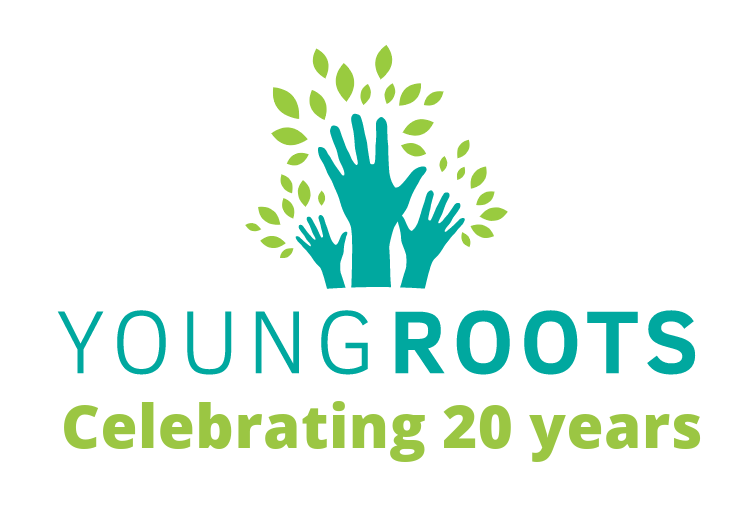Newly recognised refugees are facing homelessness
Lisa Matthews, our Policy and Campaigns Manager, 15th February 2024
We all want a home and to feel safe, and at this wintry time of year we are acutely aware of the unfairness of street homelessness.
In our communities in London, we are seeing record high levels of rough sleeping. A major factor in this is a sudden spike in homelessness amongst newly-granted refugees. That’s why this issue is a priority for Young Roots – both for our frontline staff working tirelessly to prevent street homelessness and in our policy and campaigning work. In Brent – where we work – there was a 61% increase in the number of new rough sleepers from the same time period the previous year. And in Croydon – our other main delivery area – which is already the Outer London borough with the highest number of people rough sleeping, there was a 32% increase in the number of new rough sleepers compared to the same time period last year. (1)
At Young Roots, we are working with so many more young people in this situation – and our Caseworkers are spending hours each week advocating for young refugees to make sure that those who are eligible are recognised as being among those the most at risk of harm if made street homeless, and therefore legally entitled to accommodation to prevent them being homeless (what is known as “priority need”). They are also spending hours seeking alternative solutions for young people who aren’t able to access local authority homelessness prevention, in a context of, with homelessness at a record high, more people than ever needing these solutions.
“If I didn’t find Young Roots, I would have ended up like a street man” - Young person
The cruelty of this situation is particularly stark because receiving a positive decision on your asylum claim should be a moment of great relief – time to begin a new chapter of your life, in safety, and rebuild your future. This moment of celebration has become, for many, a nightmare. Having been granted protection under the law, newly granted refugees are then being evicted from their asylum accommodation and are in fact far from protected, facing sleeping on the streets.
The government’s mismanagement (resulting in a huge backlog of asylum cases that have not been progressed for many months and even years; then making large numbers of decisions in a very short period) has created a crisis. Chronically underfunded homelessness services and organisations cannot cope.
The latest data on rough sleeping in London shows the impact of Home Office processes – the number of rough sleepers originally from Africa rose from 466 people in July-September 2023 to 680 people in October-December. The proportion of people from countries with a high refugee recognition rate, (the majority of people who claim asylum from these countries receive a positive decision on their claim and indeed new ‘streamlined’ Home Office processes acknowledge the strength of claims from these countries) such as Eritrea and Sudan, has significantly increased since last summer.
The fact that the Home Office paused evictions from asylum accommodation while the ‘SWEP’ protocol was in place – a measure to ensure people aren’t sleeping on the streets when the temperature dips below zero – is an acknowledgement that their actions are directly leading to rough sleeping.
The crisis was exacerbated by the Home Office in August last year abruptly changing their procedure of ending asylum support and accommodation 28 days after a residency permit was issued to the newly-granted refugee, to 28 days from when a notice of the positive decision was issued. This in practice resulted in people receiving as little as seven days’ notice that they were being made homeless. While the Home Office has now largely reverted to starting the 28 day countdown from the issuing of the residency permit, the reality is that many people are still receiving less than two weeks’ notice of this emergency situation.
Irrespective of this bureaucratic mess, 28 days is simply not long enough to secure housing after often years of being locked out of the labour market (people seeking asylum are generally not allowed to work in the UK); with delays in obtaining Universal Credit; and with Local Housing Allowance too low to access the vast majority of rental properties – and with a desperate shortage of social housing and local authorities severely lacking funds.
That’s why we are calling for the move-on period after a successful asylum decision to be increased to 56 days, in line with the Homelessness Reduction Act. And we need preventative action by local authority housing departments well before the move-on period is over - for which local councils urgently need more funding from central government.
Will you ask your MP to urge central government to take this action? You can find details of your local MP here.
(1) Rough sleeping in London (CHAIN reports): https://data.london.gov.uk/dataset/chain-reports
